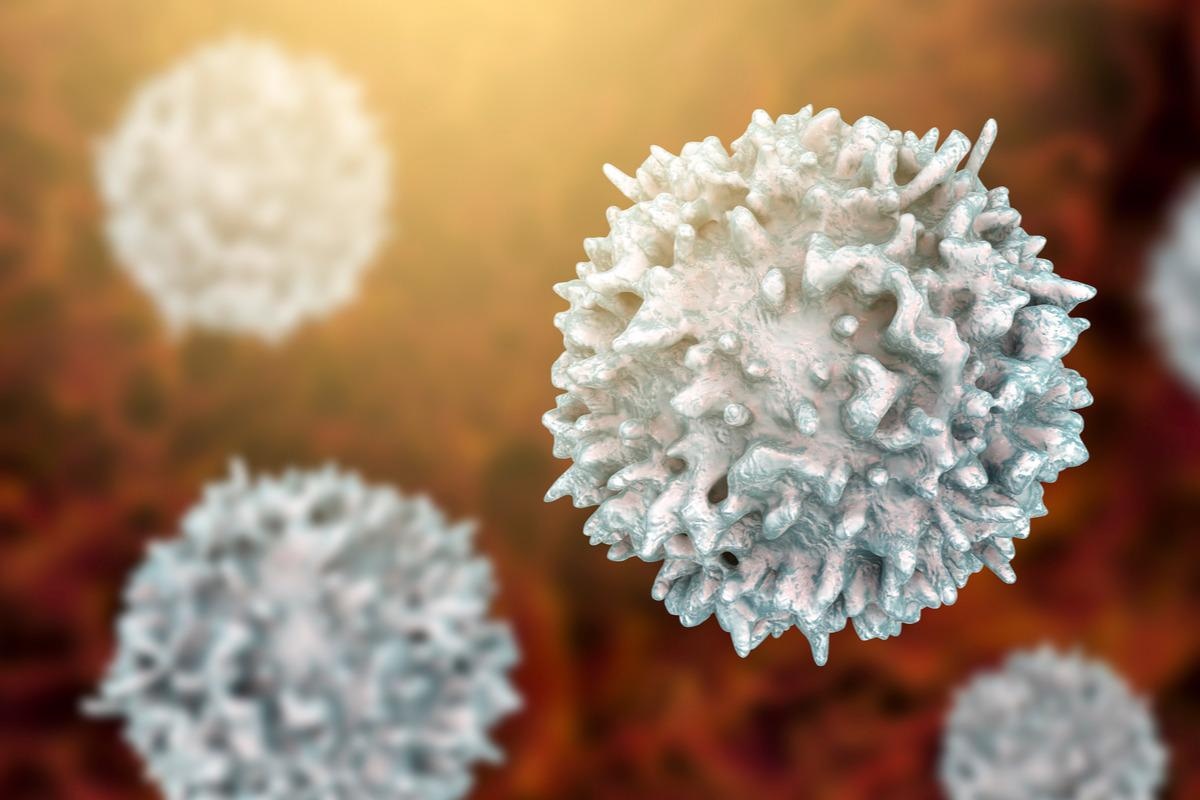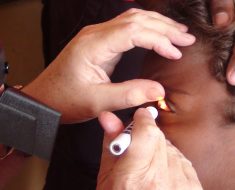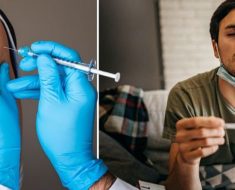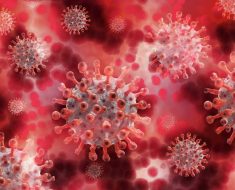In a recent study posted to the medRxiv* preprint server, scientists evaluated the incidence and severity of breakthrough severe acute respiratory syndrome coronavirus 2 (SARS-CoV-2) infections among individuals with immune-mediated inflammatory diseases (IMIDs) undergoing B cell depleting therapy (BCDT).

Background
The distribution of SARS-CoV-2 vaccines has been demonstrated to be efficient in reducing the coronavirus disease 2019 (COVID-19) cases and virus-associated death to a large extent in the general public. Nonetheless, information about those with immunocompromised conditions, including IMIDs, suggests that these cohorts were more prone to breakthrough SARS-CoV-2 infections and severe outcomes, such as intensive care unit (ICU) admission and mortality, despite being fully vaccinated.
The immunosuppressive agents demonstrate a diversified capacity to limit immune responses against the natural SARS-CoV-2 infections and vaccines. Individuals with IMIDs on BCDTs were associated with severe COVID-19 before receiving SARS-CoV-2 vaccines.
Furthermore, BCDTs like ocrelizumab also demonstrated profound impairment of antibody-mediated immunity imparted by several vaccines, including those of SARS-CoV-2. Recent studies have indicated that although IMID patients on BCDT receiving COVID-19 vaccines showed suppression of humoral immunity, a robust cell-mediated immune response against SARS-CoV-2 was preserved in them. However, the frequency and severity of breakthrough SARS-CoV-2 infection in this population remains unclear.
About the study
In the present study, the researchers evaluated 1,696 SARS-CoV-2-vaccinated IMID patients on BCDTs for the incidence of breakthrough infections among them and determined their clinical outcomes. The team identified the study cohort by electronically searching pharmacy records at the Cleveland Clinic using IMID-specific International Classification of Disease (ICD) codes and the COVID-19 registry.
Data regarding demographics, COVID-19 vaccination history, comorbidities, details of BCDT and outcomes, and other therapies were extracted by hand-reviewing every electronic medical record (EMR). Further, the researchers determined risk factors for severe SARS-CoV-2 outcomes among these cohorts using multivariate and univariate logistic regression models.
Study findings
The results indicate that the 1,696 patients with IMIDs received one, two, or three doses of monoclonal antibodies (mAbs) targeting B cells during 2020. In addition, they also received one or more doses of SARS-CoV-2 vaccines. Among the 1,696 COVID-19-vaccinated participants with IMIDs undergoing BCDT, 74 had breakthrough SARS-CoV-2 infections following their initial COVID-19 vaccination by December 15, 2021. Of the 74 IMID patients with breakthrough COVID-19, 24, 11, and 6 were hospitalized, required critical care, and dead, respectively.
The breakthrough infections were almost equal among the neuroinflammatory and rheumatic disease patients. More than 90% of the IMID patients were fully vaccinated or boosted against SARS-CoV-2, and only 8.1% had an incomplete vaccination status.
Of the 74 breakthrough SARS-CoV-2 infections, 62 were reported during the Delta surge in the United States (US) from June 20 to December 15, 2021. The time-adjusted incidence rate of breakthrough SARS-CoV-2 infection overall, pre-Delta, and post-Delta was 5.19 per 1,000 person-months, 2.48 per 1,000 person-months, and 6.59 per 1,000 person-months, respectively.
Nearly 27% and 46% of the IMID patients were on BCDTs for one to three years and over three years, respectively. Around 77% of IMID patients had their last mAb therapy, such as ocrelizumab and rituximab, under six months before their initial SARS-CoV-2 vaccination. Nevertheless, these cohorts developed breakthrough SARS-CoV-2 infection and severe COVID-19 outcomes.
Of the 21 IMID patients with breakthrough COVID-19 treated with anti-SARS-CoV-2 mAb casarivimab/indevimab on an outpatient basis, only one individual required SARS-CoV-2-related hospital admission without oxygen (O2) support, and no mortality was reported.
Conclusions
The study findings show that individuals with IMIDs on BCDTs were associated with a high risk of breakthrough SARS-CoV-2 infection and severe disease outcomes like O2 requirement, ICU admission, and death, despite the high COVID-19 vaccination rates. The outpatient use of mAbs such as casarivimab/indevimab in these cohorts attenuated the risk for severe COVID-19 outcomes.
However, the beneficial effect of the anti-SARS-CoV-2 mAbs seen during the study period was associated with the infections caused by the SARS-CoV-2 pre-Delta and Delta variants and not necessarily extrapolate to the Omicron variant due to its variations in immunological sensitivity or the future variants.
Thus, for now, the available SARS-CoV-2 mitigation strategy for high-risk populations like IMID patients on BCDT is to follow stringent non-pharmaceutical interventions such as masking, social distancing, and sanitizing.
Nevertheless, future studies are required to develop effective prophylactic mAbs against the SARS-CoV-2 variants, such as the heavily mutated Omicron and the future strains. In addition, educating both the practitioners and patients regarding the outpatient use of current and future anti-SARS-CoV-2 mAb therapies is also recommended since only a small number of patients were treated using mAbs in the current study.
*Important notice
medRxiv publishes preliminary scientific reports that are not peer-reviewed and, therefore, should not be regarded as conclusive, guide clinical practice/health-related behavior, or treated as established information.
-
Calabrese, C. et al. (2022) "Breakthrough SARS-CoV-2 infections in immune mediated disease patients undergoing B cell depleting therapy". medRxiv. doi: 10.1101/2022.02.21.22271289. https://www.medrxiv.org/content/10.1101/2022.02.21.22271289v1
Posted in: Medical Science News | Medical Research News | Disease/Infection News
Tags: Antibodies, Antibody, B Cell, Cell, Coronavirus, Coronavirus Disease COVID-19, covid-19, Critical Care, Frequency, Hospital, Immune Response, immunity, Intensive Care, Mortality, Omicron, Oxygen, Pharmacy, Respiratory, Rituximab, SARS, SARS-CoV-2, Severe Acute Respiratory, Severe Acute Respiratory Syndrome, Syndrome, Virus

Written by
Shanet Susan Alex
Shanet Susan Alex, a medical writer, based in Kerala, India, is a Doctor of Pharmacy graduate from Kerala University of Health Sciences. Her academic background is in clinical pharmacy and research, and she is passionate about medical writing. Shanet has published papers in the International Journal of Medical Science and Current Research (IJMSCR), the International Journal of Pharmacy (IJP), and the International Journal of Medical Science and Applied Research (IJMSAR). Apart from work, she enjoys listening to music and watching movies.
Source: Read Full Article





